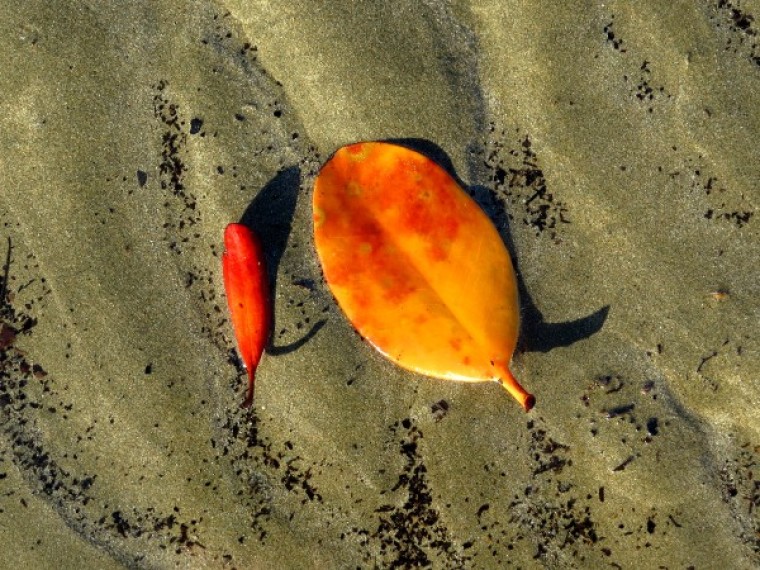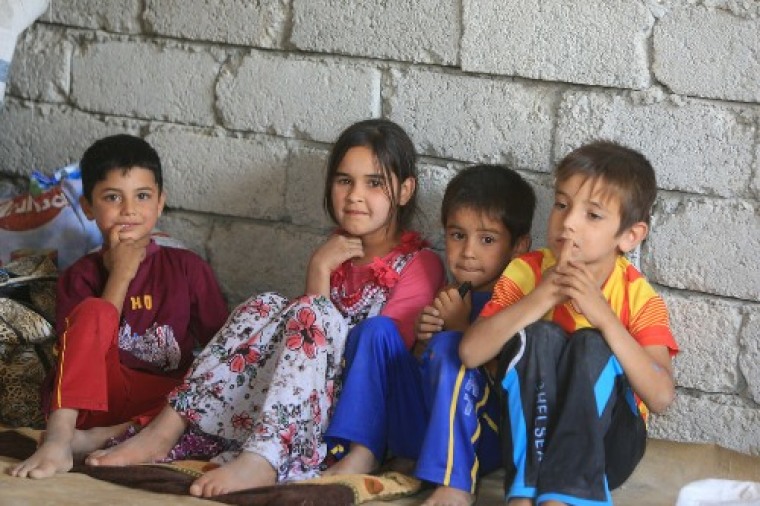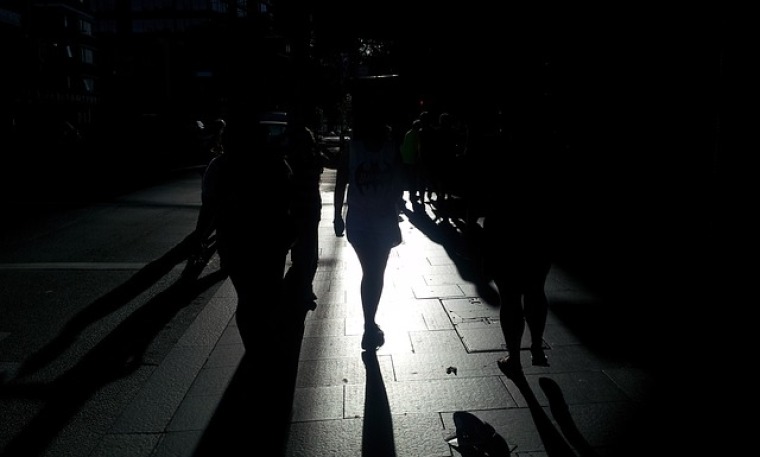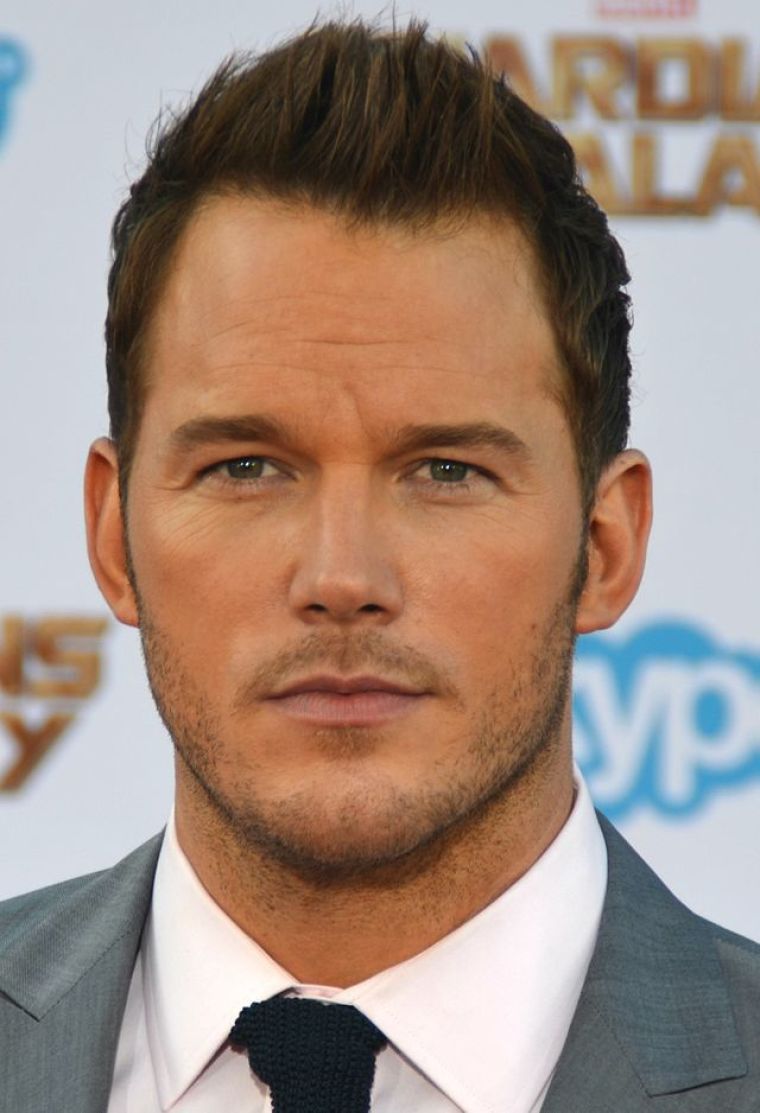

We Australians are commonly heard to cry "we are good at inventing things, but not good at commercialising them". This is bunkum. Per head of population, we do remarkably well – and we always have done. Sixty-five percent of our wealth is generated from commercialisation of our innovations. (Ockham's razor, Sun 19th October, on ABC Radio National coinicidentally reinforced my theme:
In absolute numbers, other societies may have more commercial successes. They have more people. They have more funds – both public and private. They have "critical masses" of scientific minds within their laboratories and manufacturing workshops. More importantly, they have larger numbers of people to buy the goods once they are commercialised. Comparatively, we cannot possibly have the resources to make or develop every single useful invention here. Our population is just too small.
A short history of inventive families
The online Business Spectator magazine recently pointed out that there is a high proportion of Australian family groups involved in inventions and developments of science and technology. Six well-known examples are given at:
Another example is the 1915 Nobel Prize that was awarded to the Braggs from Adelaide, father (William Henry) and son (William Lawrence), who developed what must have seen to be a very esoteric technique of X-ray crystallography while working in England. This enabled 3-D maps to be made of molecules (later including proteins) that cannot be seen with the eye, or even with a microscope; but the technology was later developed into a range of other practical areas. The son (known as Lawrence) became the youngest ever recipient of a Nobel – the news of his prize coming shortly after he heard that his brother had been killed at Gallipoli. He also developed sound-sensing techniques for aeroplanes to detect enemy guns during both World Wars; and was later the director of the Cavendish laboratory where Watson and Crick made their breakthrough on the structure of DNA.
The usual theory for these inventive families is that, with our huge spaces and small population, pioneering individuals and families have historically needed to make do with whatever was at hand to make things to solve problems they faced without being able to ask someone else for help. This culture of "just doing what works" has permeated our culture (along with the idea of "mateship" which is really a form of extended family, when perhaps the family cannot be together out in the vast expanses of "the bush").

Not just a family affair – embracing the world
Science and technology have always been in the international domain. Australian inventions and scientific innovations (sometimes developed by Australians working overseas) have often been worldwide successes. Everyone benefits from the collaborations of minds as well as money. We should be crowing, not cringing.
For a list of Australian-inspired inventions from the mundane to the medical; from the obvious to the omnipresent; from the pre-historic to the present; from the agricultural to the airy-fairy, and from the honest-to-goodness to the high-tech, you can review these websites (there are too many for me to discuss in this article.)
www.australiangeographic.com.au; en.wikipedia.org/wiki/List_of_Australian_inventions and www.powerhousemuseum.com
I will just mention three momentous examples involving international teams:
Australian Howard Florey (Lord Florey) was the one who took Fleming's discovery of a bacteria-inhibiting mould and gathered a truly international team in England in the 1930s to isolate the active component (penicillin) and start manufacturing it in bulk. But it was in America, with the resources and incentive to make enough vaccine for the troops that would land in Europe on D-day, that the real changes in techniques were developed, and a more potent source of the penicillium mould found.
CSIRO scientist John O'Sullivan was using a protocol wireless signal originally used in Hawaii and developed for local area networks, to detect exploding black holes in space. The experiment didn't work, but the technology he developed was patented in 1992 (and later improved) as WiFi ... and the rest, if you forgive the cliché, is "history".
Professor Martin Green and his team at the University of NSW developed some of the first hightly efficient commercial solar panels (over 20% efficiency). This technology was taken up by BP and developed in Spain, but Scientia Professor Green is now back at UNSW and is director of the Austalian National Energy Agency. Oh, and his group is still working on efficient solar cells, and now they are up to 28%.

Australians are still inventing
Sticking with the important area of solar technology, here are three matching examples of current successes:
- Scientists at CSIRO are working on improvements to printable solar cells.
- A team of students at the University of New South Wales has won this year's solar car challenge.
- There are ongoing developments in methods to make solar energy a practical alternative for large power stations.
And *not* just for fun
This year, no Australian was awarded a Nobel Prize (although there have been recent successes in 1996, 2005 and 2009).
They did, however, rate a mention in the "Ig Nobel" prizes, which are awarded to science that makes you laugh – then makes you think. An Australian was in the team that won the psychology prize "for amassing evidence that people who habitually stay up late are, on average, more self-admiring, more manipulative, and more psychopathic than people who habitually arise early in the morning."
It seems that thankfully, our legendary self-deprecating sense of humour is still alive and well, along with our legendary inventiveness.
1 Corinthians 2:9,10 "But as it is written, Eye hath not seen, nor ear heard, neither have entered into the heart of man, the things which God hath prepared for them that love him. But God hath revealed them unto us by his Spirit: for the Spirit searcheth all things, yea, the deep things of God."

Dr Mark Tronson is a Baptist minister (retired) who served as the Australian cricket team chaplain for 17 years (2000 ret) and established Life After Cricket in 2001. He was recognised by the Olympic Ministry Medal in 2009 presented by Carl Lewis Olympian of the Century. He mentors young writers and has written 24 books, and enjoys writing. He is married to Delma, with four adult children and grand-children.
Mark Tronson's archive of articles can be viewed at http://www.pressserviceinternational.org/mark-tronson.html
